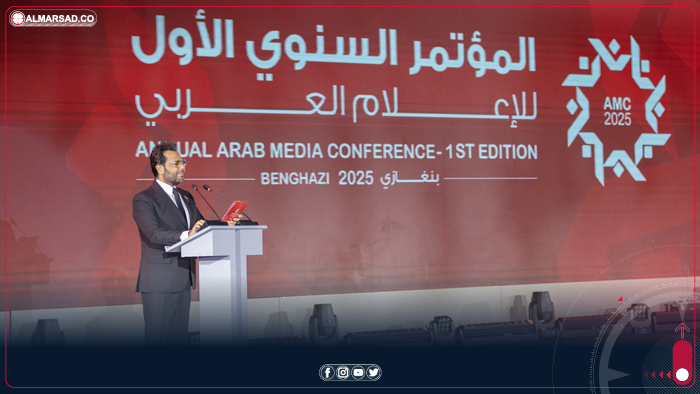Al-Shallawi: Atlético–Inter Match ‘An Investment in Libya’s Image,’ Not Just a Game
Why does the event transcend sports?
Dr. Munsif al-Shallawi argued that staging a match between Atlético Madrid of Spain and Inter Milan of Italy in Benghazi should not be dismissed as a luxury or a “waste of time and money.” Rather, he described it as a “strategic investment in Libya’s image and its economic future.” He stressed that hosting international events of this scale is only possible under a minimum threshold of security, logistics, and organization—what he called a “signal of stability” that investors carefully read when assessing risk.
Investment indicators before and after 2011
According to al-Shallawi, annual foreign direct investment (FDI) inflows averaged around $2.3 billion before 2011, with a political and security risk rating of roughly 46/100. In the post-2011 years (2012–2020), FDI fell to under $800 million annually, while the risk index dropped to about 35/100. During 2023–2024, however, gradual recovery began as oil production rose to 1.2–1.3 million barrels per day, lifting the risk rating to around 42/100. With consistent international events, he believes FDI could climb by 50–100% within three years, pushing the risk index up to 50/100—“a regionally acceptable level.”
Translating ‘signals of stability’ into economic terms
Each incremental point in the risk index, al-Shallawi explained, unlocks hundreds of millions of dollars in potential investment by reducing the “risk premium” imposed by companies. In oil and gas, for example, investors currently factor in a 25–30% risk margin on projects in Libya compared with more stable countries. If the security and institutional climate continues to improve, that margin could fall to just 15%, saving billions of dollars over the life of major projects.
Immediate impact on the real economy
Al-Shallawi stressed that a single high-profile match activates multiple sectors—security, transport, hospitality, media, and technology—channeling millions of dollars directly into the local economy. Such an event, he added, reinvigorates tourism services and builds a new international perception: that Libya is capable of hosting, safe for investment, and ready to return.
Indirect impact: reshaping perceptions
He underlined that global investors and funds look beyond balance sheets; they weigh the overall image of a country. “A successful international event redraws that image in global media,” al-Shallawi said, transforming Libya from “a conflict zone” into “a potential destination for business.”
The economic bottom line
In summary, al-Shallawi noted that Libya attracted about $2 billion annually in FDI before 2011, but lost more than 70% of that in the years since. With continued success in staging international events, he believes the risk rating could be cut from “very high” to “moderately high,” while annual foreign investment could climb back to $1.5–2 billion within three years—spurring expansion in oil, gas, and energy. He concluded: “Every successful international event is an investment in trust—and trust is the most valuable currency in today’s economy.”


